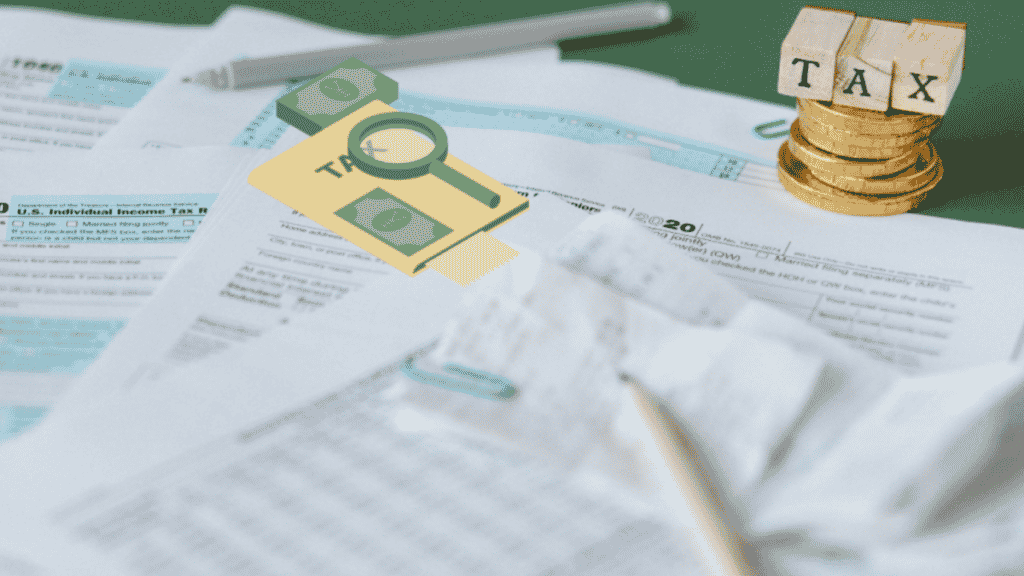
In Florida, you have the right to file a personal injury claim against someone else if you suffered injuries due to their negligence, recklessness or intentional actions. Regardless of the type of accident you endured, if your claim is successful, you can expect to receive a settlement in the form of compensation to cover the costs of your damages. However, you might wonder if your personal injury settlement award is taxable.
Is Your Personal Injury Settlement Taxable?
According to Bagen Law, personal injury settlements in Florida are often non-taxable. Per federal law, you don’t have to worry about taxes being removed from your settlement award in most cases. Money recovered in these types of cases normally goes to compensate the plaintiff for out-of-pocket expenses related to their medical bills, ongoing medical treatment and attorney’s fees. They also go toward non-economic damages such as pain and suffering and emotional distress.
However, certain components of a personal injury settlement can be taxed. Not all claims will include those items.
What is Tax-Free in a Personal Injury Settlement?
If you receive a settlement in your successful personal injury claim, certain damages are tax-free. They include the following:
• Compensation you get for the physical injury itself.
• Compensation received for emotional distress as a direct response to your injuries.
• Compensation for medical expenses so that you can be reimbursed after having to pay for treatment after the accident. You can report the amount of compensation going toward these expenses on your tax return for the year you receive the settlement to have it deducted from your taxes.
• Compensation received for lost wages if you’re unable to work due to your personal injury.
What Damages are Taxable in a Personal Injury Settlement?
If you receive a settlement in your personal injury case, some types of damages can be taxed. Those damages include the following:
• Lost wages: Depending on the circumstances, lost wages may or may not be taxed.
• Emotional distress: If your emotional distress is not directly related to your
physical injuries, they may be taxable.
• Punitive damages: Punitive damages are added to a personal injury claim
when the actions that led to the injury are particularly outrageous as a way to
punish the defendant. They are taxable.
How can You Get a Non-Taxable Settlement?
Usually, personal injury claim settlements are non-taxable. However, it depends on what’s included in your claim. Suppose you have included a request for punitive damages and emotional distress that does not stem from the injuries you have suffered. In that case, you should expect taxes to be taken out of whatever compensation you ultimately recover. In other words, if you want to minimize the tax situation of your settlement, omit anything that isn’t directly related to your injuries.
Your personal injury attorney can give you crucial advice on how you can minimize the taxes in your claim. This can help you get the compensation you deserve to cover all your damages. Contact Bagen Law to discuss your case today.